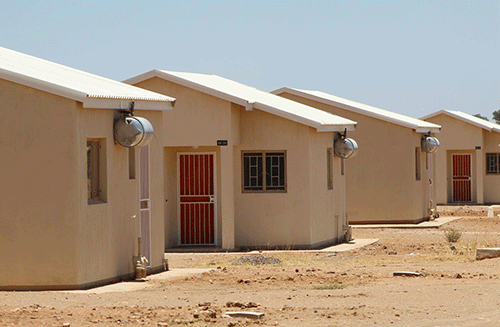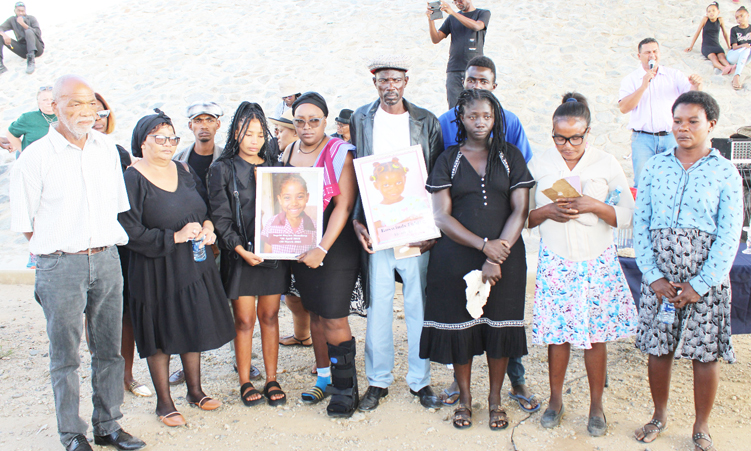JOHANNESBURG – South African state utility Eskom, which is battling a nationwide power crisis, wants the country’s energy regulator to review a 14,2 per cent tariff hike it granted the power firm last year, citing escalating coal prices.
Eskom, which generates the lion’s share of its electricity from coal, said on Friday it wants an even higher increase than the 18,7 per cent hike it had initially requested but was rejected by the country’s energy regulator. The 14,2 per cent tariff increase is for Eskom’s 2008/09 financial year, which runs from April to end-March 2009.”We will be asking for a review of the 14,2 per cent tariff increase for 2008/09, because market forces have moved materially, especially the price of coal, and there has to be a pass through on primary energy costs,” Eskom’s Financial Director, Bongani Nqwababa told Reuters.”The tariff increase request will be much higher than when we made the application for an 18,7 per cent increase.”Eskom has said the lower-than-expected tariff hike would make it hard for the utility to pay for coal, maintain and expand its power generation capacity to meet demand, and it meant the power firm would have to borrow more.”Market forces have moved materially since last year, and we have to buy coal which will have a material impact on our cash flow,” Nqwababa said.”What has happened since the (14,2 per cent) tariff increase was granted is the market circumstances have changed.We have seen floods in Australia, coal mines have closed for safety reasons in China, so there have been material adverse changes.”Nqwababa said the result of these events was that coal supply worldwide had tightened and prices had shot up, and the utility had to pass on some of the increased costs to consumers.-Nampa-ReutersThe 14,2 per cent tariff increase is for Eskom’s 2008/09 financial year, which runs from April to end-March 2009.”We will be asking for a review of the 14,2 per cent tariff increase for 2008/09, because market forces have moved materially, especially the price of coal, and there has to be a pass through on primary energy costs,” Eskom’s Financial Director, Bongani Nqwababa told Reuters.”The tariff increase request will be much higher than when we made the application for an 18,7 per cent increase.”Eskom has said the lower-than-expected tariff hike would make it hard for the utility to pay for coal, maintain and expand its power generation capacity to meet demand, and it meant the power firm would have to borrow more.”Market forces have moved materially since last year, and we have to buy coal which will have a material impact on our cash flow,” Nqwababa said.”What has happened since the (14,2 per cent) tariff increase was granted is the market circumstances have changed.We have seen floods in Australia, coal mines have closed for safety reasons in China, so there have been material adverse changes.”Nqwababa said the result of these events was that coal supply worldwide had tightened and prices had shot up, and the utility had to pass on some of the increased costs to consumers.-Nampa-Reuters
Stay informed with The Namibian – your source for credible journalism. Get in-depth reporting and opinions for
only N$85 a month. Invest in journalism, invest in democracy –
Subscribe Now!










